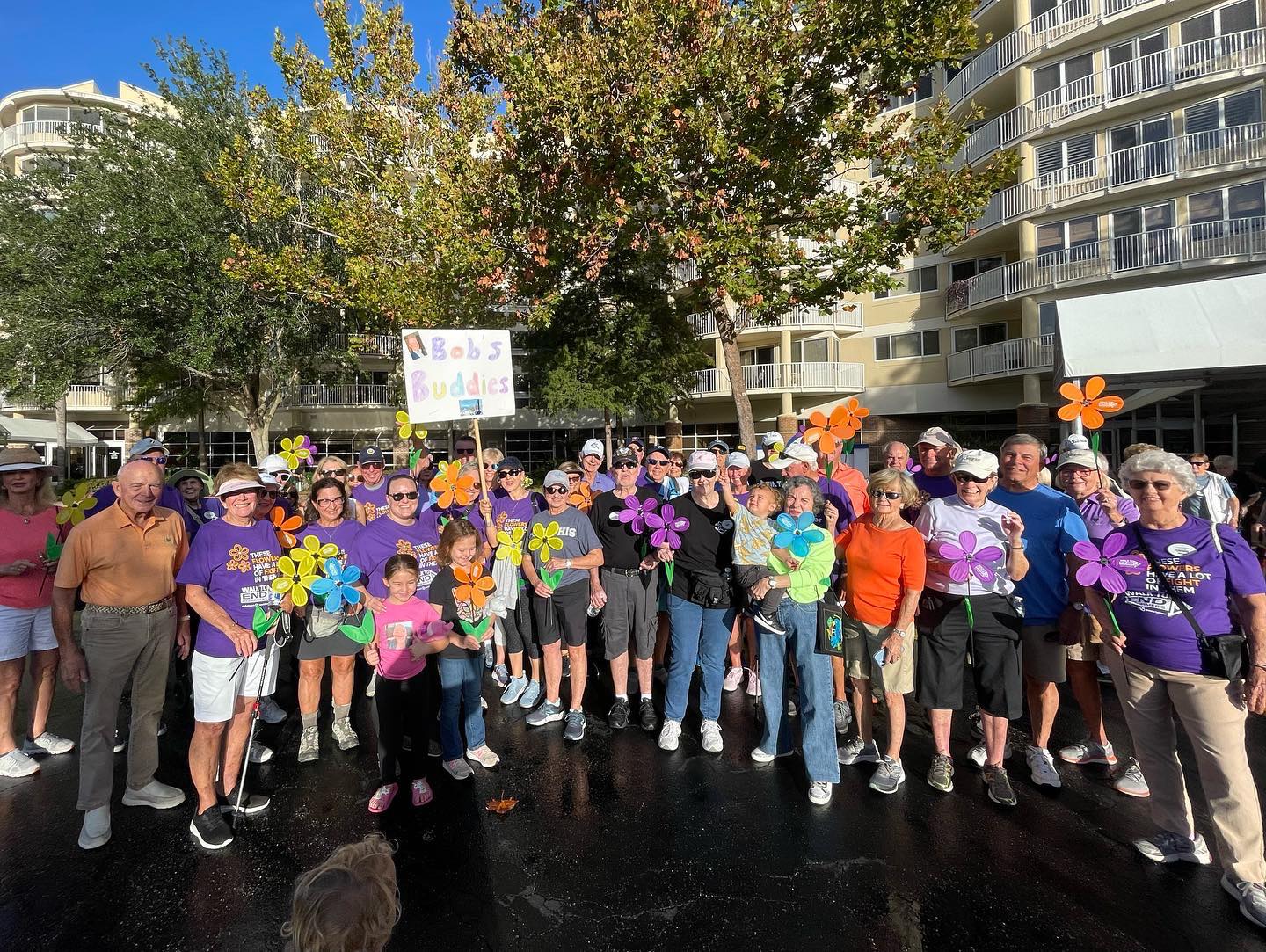When Is it No Longer Safe for Someone with Dementia to Live Alone?

In 2023, it was estimated there were 6.7 million Americans 65 and older living with Alzheimer’s disease, the most common type of dementia. During the early stages, people with dementia can successfully manage activities of daily living, but they may experience forgetfulness, mood shifts, coordination problems and difficulty learning new things.
After receiving a diagnosis, it’s important to formulate a plan for the future. As Alzheimer’s progresses into the middle and late stages, someone with dementia will be unable to communicate and often rely on support for basic tasks.
If you have a loved one with dementia, you may eventually, ask yourself, “When do people with dementia need 24/7 care?” While every individual is unique, someone with dementia will eventually need 24/7 dementia care to ensure their health and safety. As their condition progresses, their care requirements can become more intensive and complex.
Signs It’s Time for 24/7 Dementia Care
Can someone with dementia be left alone? Dementia can progress slowly for many years, which makes knowing when to transition to full-time care difficult, especially for family members. Many caregivers may experience guilt or hesitancy when deciding to transition their loved one into a memory care community. While it may never feel like the “right time,” these signs can indicate additional support is needed:
When safety becomes an issue
Be on the lookout for an overall decline in your loved one’s health. If you notice unexplained weight loss, change in posture, or bruises, these are signs they’re no longer safe at home. In addition, those with dementia are also at an increased risk of falling as balance becomes an issue. If a loved one is experiencing falls or is sitting for most of the day, 24/7 care may be necessary. According to the Alzheimer’s Association, 60% of people with dementia wander, which can result in falls and unsafe conditions.
If a primary caregiver becomes stressed or risks burnout
Caring for a loved one with dementia is extremely stressful. Stress can exacerbate even minor medical conditions, which can make the physical and emotional aspects of caregiving even more difficult. Caregivers must take care of themselves. Sometimes, moving your loved one into a community that provides 24/7 dementia care can be beneficial to both the caregiver and your family member.
If your loved one is living in unhealthy conditions
If you notice bills going unpaid, dishes piling up, expired food in the refrigerator, lack of general hygiene like dirty clothes and not showering, or other signs of unsafe living conditions, it’s time to consider transitioning into an environment with more care.
If your loved one becomes isolated and withdrawn
Those with Alzheimer’s disease or other forms of dementia will become increasingly confused, often causing them to withdraw from social events they used to enjoy. This inward retreat can lead to social isolation, which can exacerbate the symptoms of dementia. Memory care communities have specially curated social activities that encourage social interaction and provide productive stimulation.
When having issues managing medication
Most older adults take medications to manage one or more chronic conditions. In fact, according to the National Institute on Aging, approximately 85% of older adults have at least one chronic health condition, and 60% have at least two or more chronic conditions. Dementia can make it difficult to manage medications because they could either forget to take them or not remember they’ve already taken them and double up.
When your gut senses something’s wrong
If your loved one has been living in their home for years or decades, it can be difficult and emotional to decide to move them out of their home. If your intuition tells you that something is amiss, listen to it. If you can transition your family member into memory care at the right time, an improved quality of life can help make Alzheimer’s disease and related dementias more manageable.
If your loved one becomes aggressive
There’s no part of the Alzheimer’s progression that’s easy, but it’s especially difficult in the middle to later stages. That’s because the personality and behavior of your loved one can change, making them aggressive. When you’re concerned about your safety or that of those around you, making the move into a memory care community with trained medical professionals can help.
When you are providing long-distance care
It’s nearly impossible to provide adequate supervision and support from afar. Many family members rely on long-term care facilities to ensure their loved ones are receiving the care they need. Memory care units have staff available 24 hours a day to provide care to those with cognitive issues.
Questions about Next Steps? We Can Help.
At Cypress Village, we offer an innovative program called Heartfelt CONNECTIONS – A Memory Care Program™ that works to preserve everything that brings meaning to your loved one and your family in a comfortable home-like setting. Understanding and explaining dementia to family members can be difficult. To learn more about how memory care at Cypress Village can support your loved one, contact us here or use our Community Assistant chat feature.




